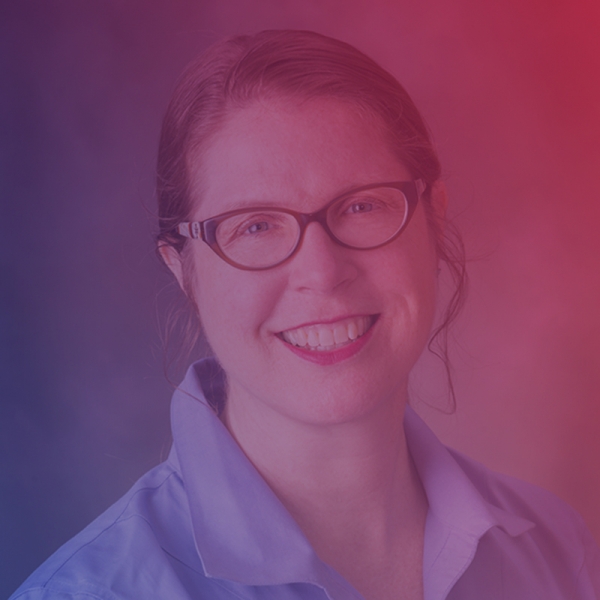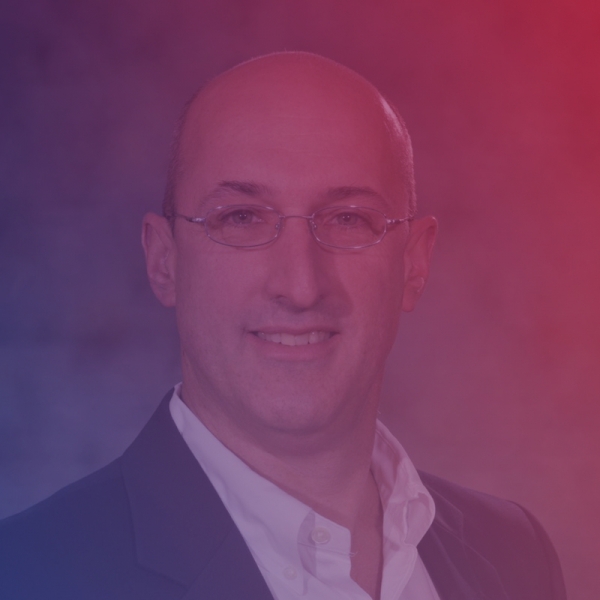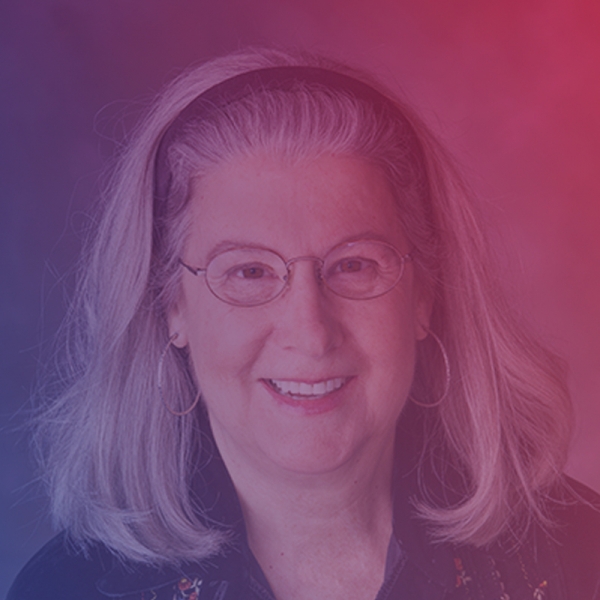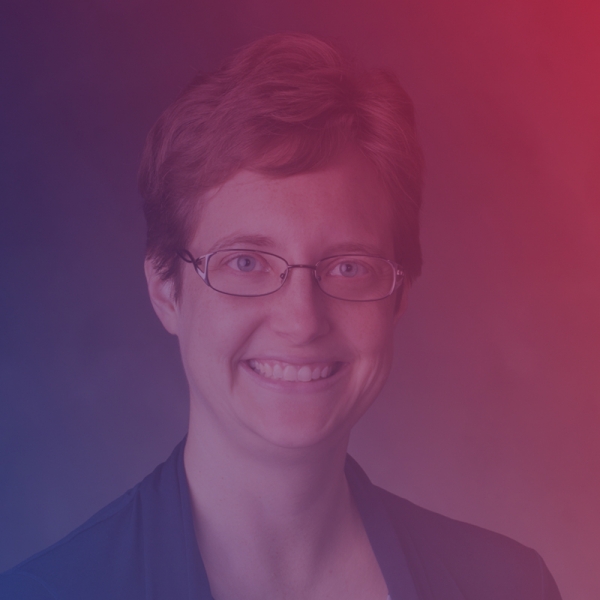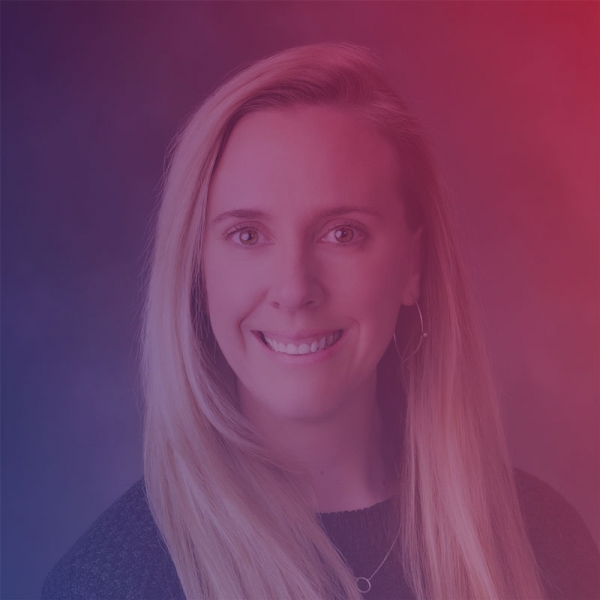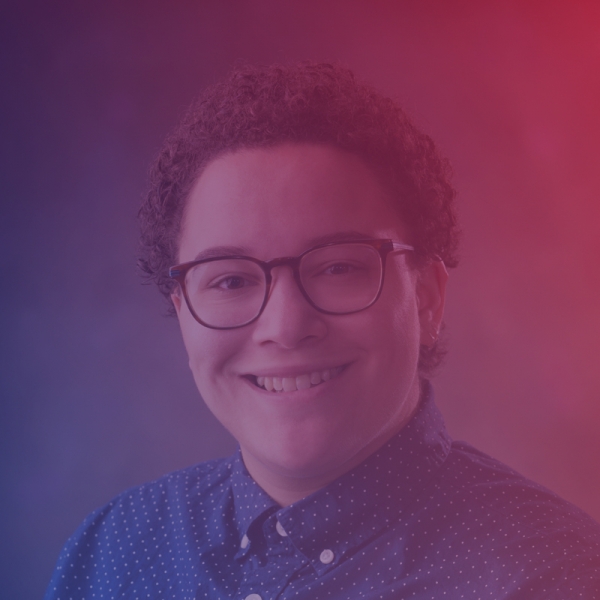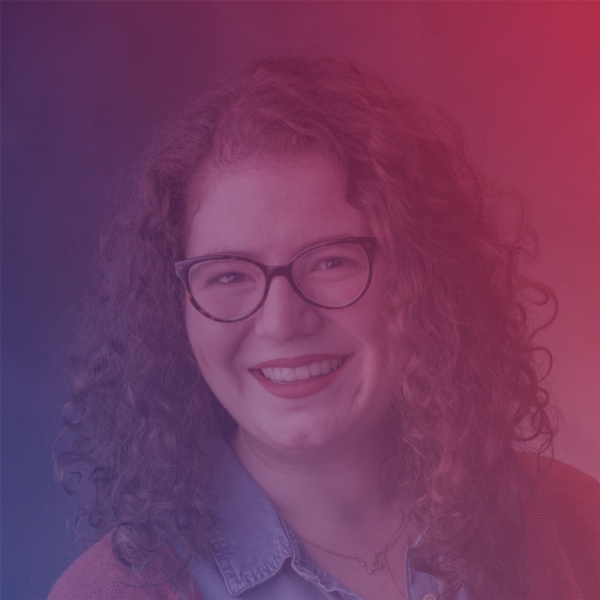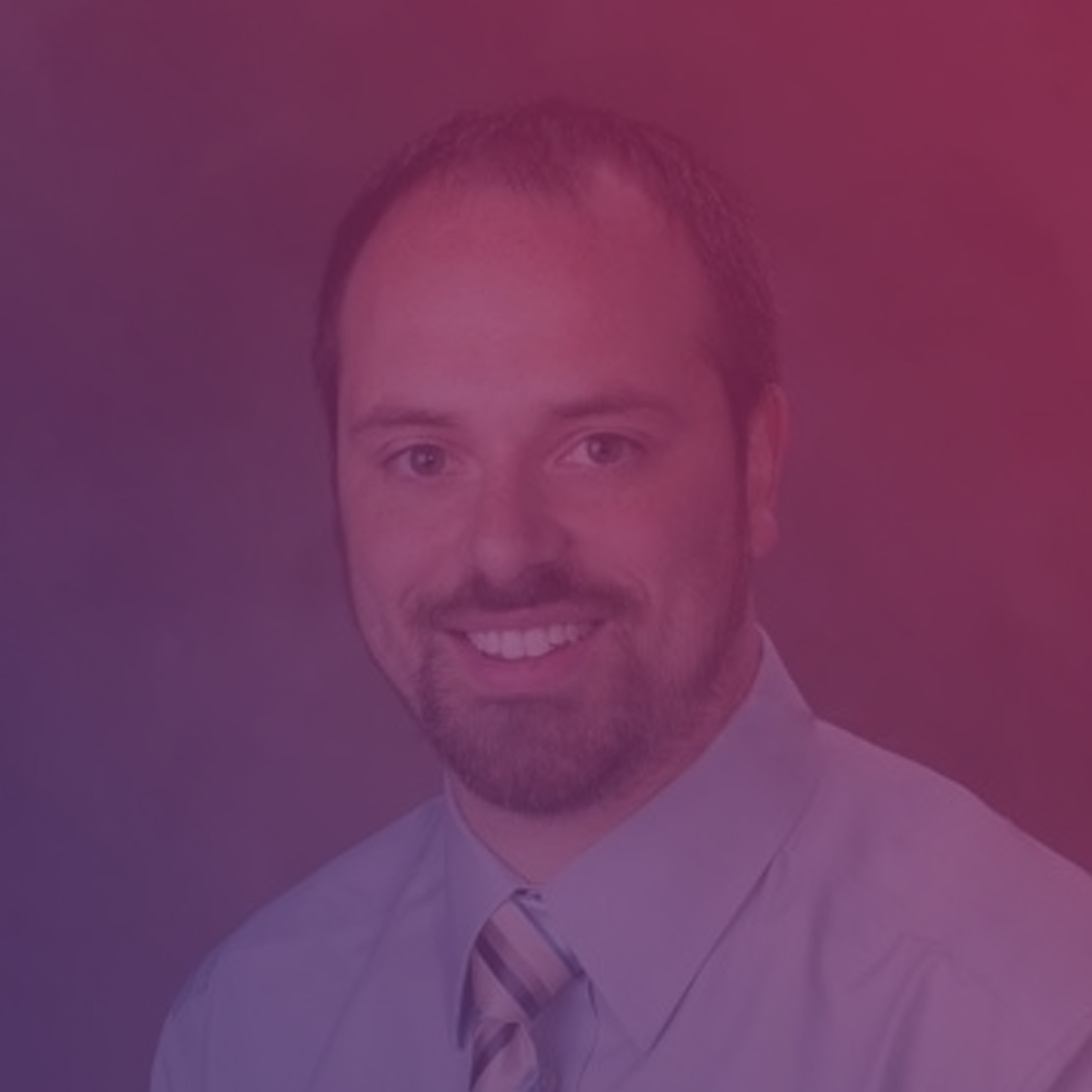Meet Our Worlds of Connections Team
The National Institutes of Health Worlds of Connections Science Education Partnership Award (SEPA) team combines experts who are committed to engaging youth with knowledge and careers in network science for health. Team members have training in a variety of disciplines (sociology, anthropology, computer science, mathematics, biology, genetics, public health, science education, learning research, psychology, graphic design, augmented reality/virtual reality, informal science education, museum curation, educational communication and technology, and discipline-based education research). In addition to focusing on their specific roles on the project, team members work synergistically to achieve project goals.
Meet Our Worlds of Connections Undergraduate Teammates
Meet Our NE STEM 4U–Lincoln Mentors Emeriti
Meet Our Worlds of Connections Advisory Committee Members
We are fortunate to have an advisory committee with extensive and diverse expertise. Some members are science advisors, helping to shape the activities by identifying research that addresses the gaps in public understanding about network science and evaluating the merits of proposed topics and ideas. Others focus on the education and diversity components of the project, providing input on audience needs, existing resources, and effective communications strategies for target constituencies. Still others guide the development and dissemination of project emerging media arts deliverables apps, podcasts, and the Internet, and several current and former teachers provide input as to the appropriateness of the network science topics for middle school youth. We are particularly excited to involve three recent B.A.-degree alumni of the UNL Department of Sociology—two were involved in UNL’s prior Biology of Human SEPA and currently work in public health, and one is pursuing postgraduate education in health informatics.
Regardless of their specialized expertise, all advisors provide advice regarding the program’s overall direction. They assess the program with respect to evaluation and learning research productivity, professional skill development, publications produced, and leadership demonstrated in the field. They also evaluate the program’s success in recruiting underrepresented minorities and women and in selecting appropriate deliverable content, the accessibility of program activities and deliverables, and develop effective dissemination plans and partnerships.
James Blake
K-12 Science Curriculum Specialist, Lincoln Public Schools
Dr. James Blake has fourteen years of experience in science education as a 7-12 science teacher, state science supervisor, and now K-12 science curriculum specialist.
Nola Derby-Bennett
Lincoln 21st Century Community Learning Centers Director
Nola Derby-Bennett, MA, directs Lincoln’s 26 current Community Learning Centers located in schools and supports the development and implementation of safe, supervised before- and after-school programs, weekend and summer enrichment opportunities and other support services for children, families and neighborhoods.
Kirk Dombrowski
Vice President for Research, The University of Vermont
Trained as a cultural anthropologist, Dr. Kirk Dombrowski is an active researcher whose work straddles the social and behavioral health sciences, addresses issues of public concern and social good, such as HIV infection dynamics, drug and alcohol addiction, minority health disparities, and suicide prevention in Native American/First Nation communities. His research has received funding from NSF, NIH, and numerous foundation sources; and his published work has appeared in social science, computer science and health science journals.
Leslie Eastman
Director of Assessment and Evaluation, Lincoln Public Schools
Dr. Leslie Eastman leads the creation of assessment and evaluation reports for Lincoln Public Schools and collaborates on research to identify ways to improve educational outcomes for K-12 youth.
G. Robin Gauthier
Assistant Professor, Department of Sociology, University of Nebraska–Lincoln
Dr. Robin Gauthier uses social network analysis for health research. As a postdoctoral researcher in the Minority Health Disparities Initiative, she led the conceptualization and analysis of a peer-reviewed social science publication using network data on middle school youth from the prior Biology of Human SEPA project.
Sarah Gergen
Eighth Grade Science Teacher, Irving Middle School
Sarah Gergen is an experienced middle school science teacher who specializes in hands-on, inquiry-based education. She participated in a Biology of Human SEPA workshop on activating youth STEM identities and the 2019 Worlds of Connections SEPA Network Science Institute for Teachers.
Chittibabu (Babu) Guda
Professor, Department of Genetics, Cell Biology, and Anatomy and Director, Bioinformatics and Systems Biology Core, University of Nebraska Medical Center
Dr. Babu Guda leads the Bioinformatics Core for the IDeA Networks of Biomedical Research Excellence-Nebraska Research Network in Functional Genomics project and applies network science to measure cancer protein interactions.
Judi M gaiashkibos
Executive Director, Nebraska Commission on Indian Affairs
An enrolled member of the Ponca Tribe of Nebraska, Judi gaiashkibos has served as the Executive Director of the Nebraska Commission on Indian Affairs since 1995. In 2006, she was elected President of the Governor’s Interstate Indian Council (GIIC), a national organization with the mission of improving and promoting cooperation between state and tribal governments. She is also actively involved in nonprofit service, has won numerous service awards in Nebraska and nationally. Ms. gaiashkibos served on the advisory board for prior SEPA grants and supports Native youth leadership and STEM summer camps.
Mary Herrington
Educator and Community Learning Center/UNL STEM/Engineering Curriculum Coordinator, Culler Middle School
Mary Herrington has more than 20 years of experience creating after-school programs for middle school youth, including “Roads, Rails, and Race Cars” (developed with UNL and the Nebraska Transportation Center) and “Empire Builders” (developed with Southeast Community College and the Lincoln Public Schools Career Academy). She participated in the the 2019 Worlds of Connections SEPA Network Science Institute for Teachers.
Bilal Khan
Professor of Computer Science and Engineering, LeHigh University
Dr. Khan is a mathematician whose transdisciplinary research emerges from theory/applications of networks, ranging from the evolutionary emergence of social organization in wireless cognitive radio systems to the modeling and simulation of dynamic human social systems particularly in the context of public health.
Jorge Ledesma
Post-Bachelor Fellow, Institute for Health Metrics and Evaluation
Jorge Ledesma earned a B.A. in Sociology from UNL in 2017, collected and analyzed data on middle school youth focused on English language learners and health, and served as a collaborator on a social network analysis of Biology of Human SEPA-funded middle school youth data focused on the role of friends and science clubs in science identities among underrepresented minority youth. He holds a prestigious fellowship at the University of Washington in global health using “Big Data”.
Sara H. LeRoy-Toren
Lecturer, College of Education and Human Sciences and Research Associate, School of Natural Resources, University of Nebraska–Lincoln
Sara LeRoy-Toren, MA, is a former science-focused high school science teacher, facilitator of former Biology of Human SEPA science club at a Community Learning Center, and educator for secondary science pre-service teaching program.
Grecia Macias
Masters Student, University of Michigan
As an undergraduate at the University of Nebraska–Lincoln and NE STEM 4U Afterschool Club mentor, Grecia Macias helped create and implement network science activities. She is currently a Master of Health Informatics student at the University of Michigan and continues to work on STEM activities and public museum exhibits at the U-M Museum of Natural History.
Camillia Matuk
Assistant Professor of Educational Communication and Technology, New York University
Dr. Camillia Matuk designs and researches learning environments, particularly the Web-based Inquiry Science Environment. She leads undergraduate and graduate studio courses on gaming for learning. Dr. Matuk served as a valuable member of the Biology of Human SEPA advisory board and attended an annual SEPA meeting.
La’Risa McLennon
Injury Prevention Specialist, Children’s Hospital and Medical Center
As an undergraduate sociology major at UNL, La’Risa McLennon, MPH, led SEPA-funded after-school science clubs, helped to create activities, provided feedback, and provided the voice of the teacher for the Biology of Human Occupied comic app on gut microbes. Part of her master’s degree in public health was funded by the Biology of Human SEPA. She also designed public health messaging focused on increasing early detection of breast cancer among black women in Omaha, NE and now works in public health focused on youth.
Jeffrey Smith
Assistant Professor, Department of Sociology, University of Nebraska–Lincoln
Dr. Jeffrey Smith teaches undergraduate and graduate courses on social network analysis; publishes methodological articles in top social science journals that advance network science; and uses social network analysis to explain social class, race, and gender differences in health risk and outcomes.
Rebecca Smith
Co-Director, Science & Health Education Partnership, University of California–San Francisco
Dr. Rebecca Smith is Co-Director of the UCSF’s SEPA to have high school students create health messaging for peers and co-author on a Biology of Human SEPA book. Close collaborations with Dr. Smith on learning research on youth STEM identities include partnering in a SEPA conference workshop on measuring STEM identities.
Julie Thomas
Interim Associate Dean for Research and Research Professor in the College of Education; Department of Teaching, Learning, and Teacher Education; University of Nebraska–Lincoln
Dr. Julie Thomas specializes in science education and using technology for education. She has an extensive research record on teacher training for science education and on-line education. Dr. Thomas supports college-wide research on education.
James B. Turpen
Professor Emeritus, Genetics, Cell Biology, and Anatomy; Associate Vice Chancellor, Academic Affairs; Executive Associate Dean, Graduate Studies, University of Nebraska Medical Center
Dr. James Turpen is Principal Investigator of the National Institutes of Health-funded IDeA Networks of Biomedical Research Excellence program in Nebraska (NIH P20 GM103427)

